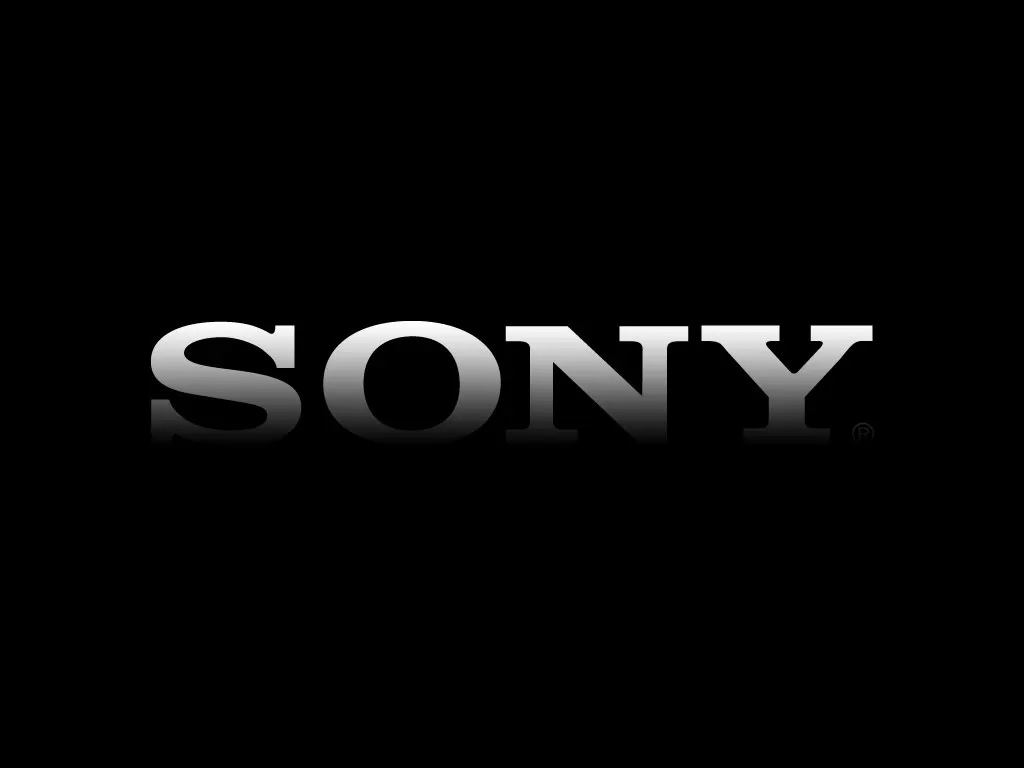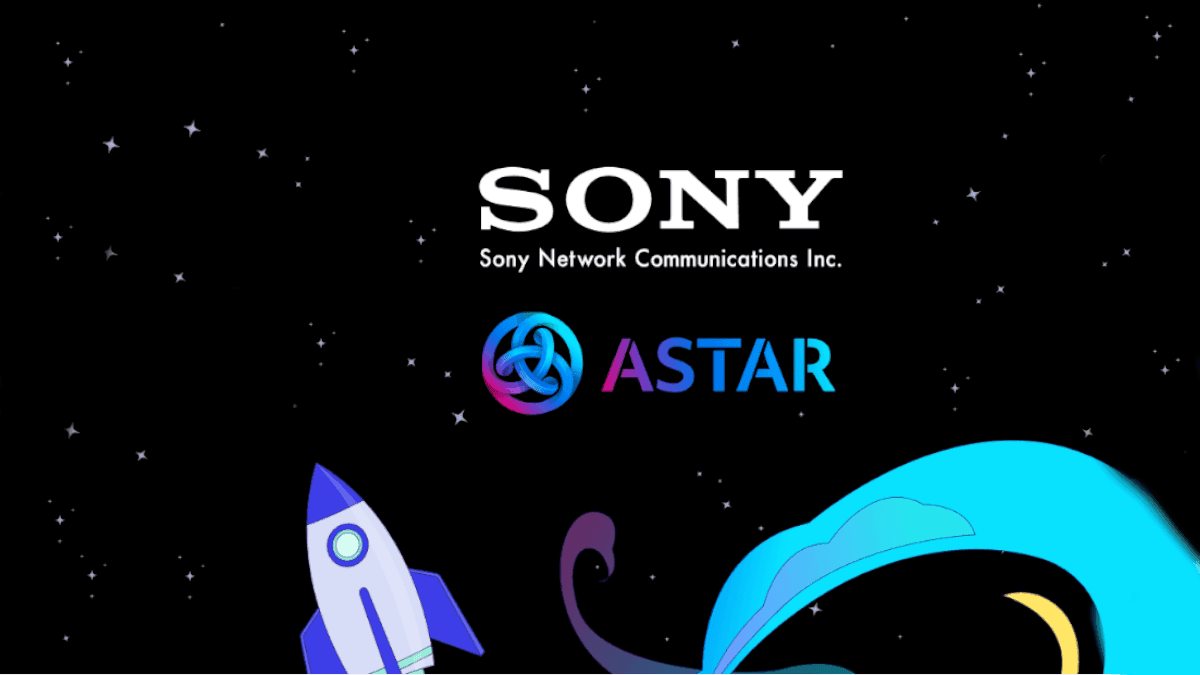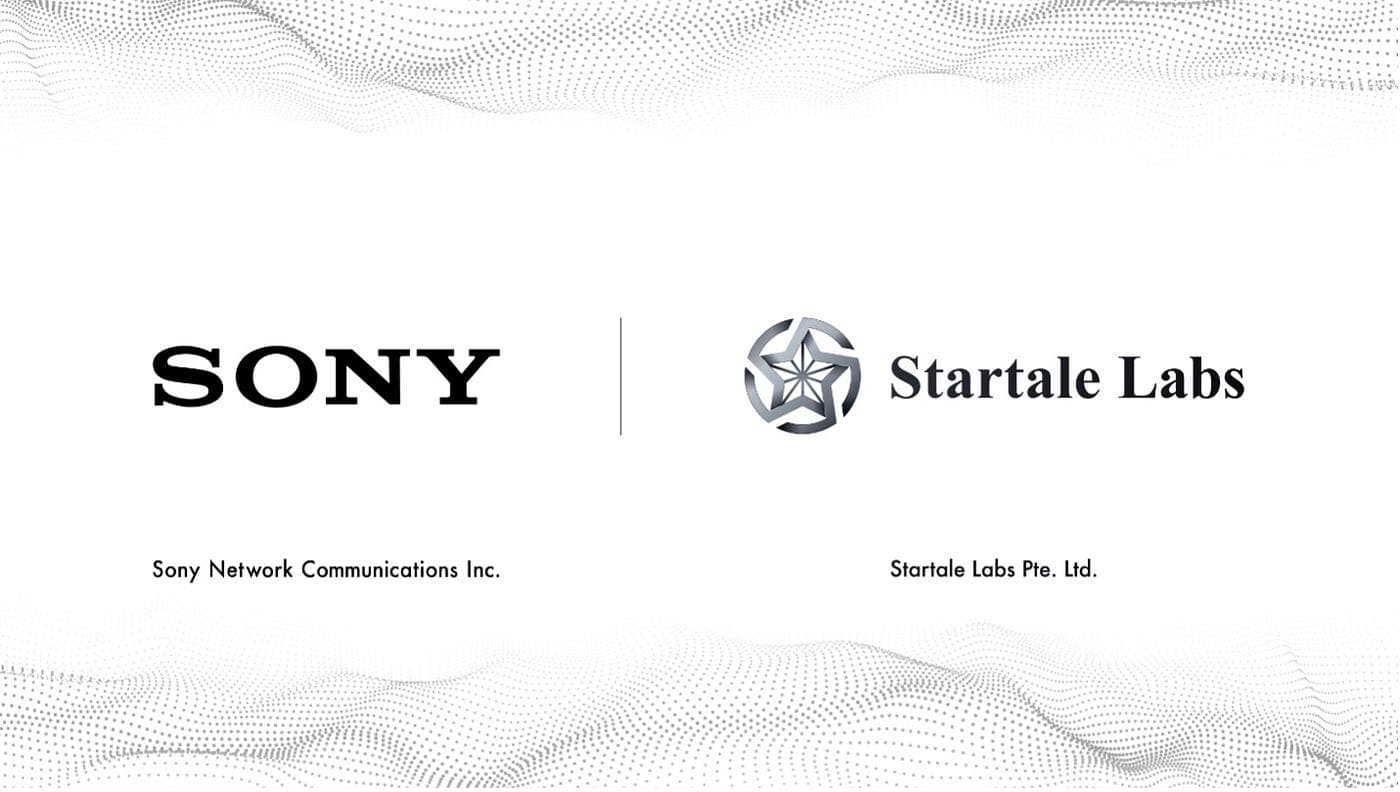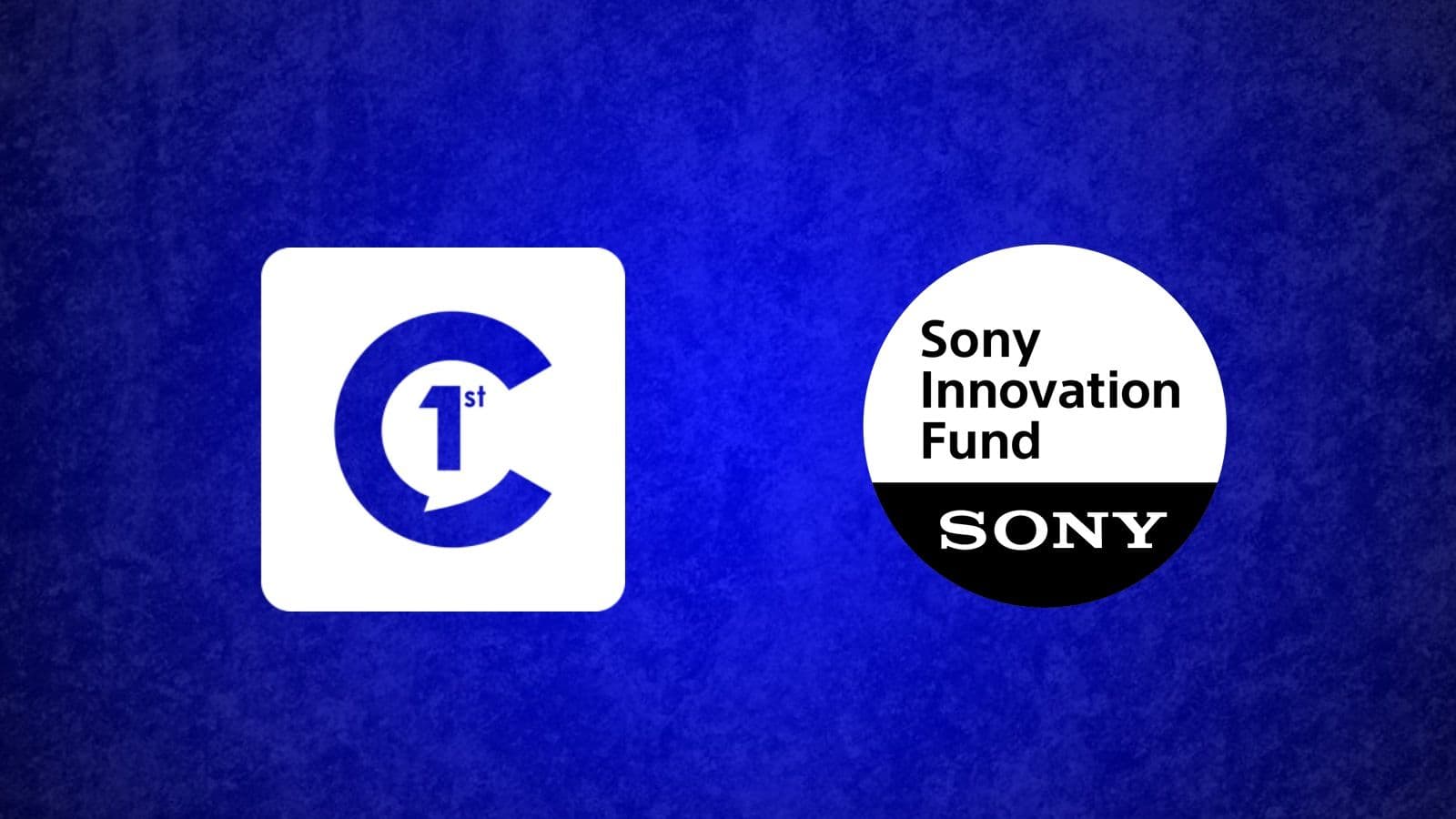Sony Bank, the financial arm of the globally renowned Sony Group, has set its sights on a new endeavor in the realm of digital finance (DeFi), with implications particularly relevant to web3 gaming. Embarking on a stablecoin trial, Sony Bank aims to explore the potential of blockchain technology, specifically on the Polygon blockchain, to revolutionize payment systems within the gaming and sports sectors.
This venture marks a significant step for Sony in embracing the transformative power of stablecoins, highlighting the company's commitment to innovation and adaptation in an ever-evolving digital landscape, especially within the context of web3 gaming where the integration of blockchain technology and digital assets is reshaping user experiences and interactions.

Japanese Gaming Giant
Sony Bank, the financial branch of the renowned Japanese entertainment and gaming giant, Sony Group, is diving into the world of stablecoins with a trial launch on the Polygon blockchain, as per a recent report. The move comes as part of Sony's exploration of novel avenues to bolster its intellectual properties in gaming and sports, capitalizing on the benefits of decreased payment and remittance fees offered by stablecoins.
Fiat Currency and Stablecoin Trail
According to the report, the stablecoin trial will involve issuing tokens pegged to fiat currency, specifically Japanese yen, and will be conducted on the Polygon blockchain infrastructure. The trial, which is expected to span several months, will also scrutinize any potential legal implications associated with the transfer and use of Japanese yen-backed stablecoins.
For this venture, Sony has enlisted the expertise of SettleMint, a blockchain firm headquartered in Belgium. The company will aid in navigating the technical intricacies and regulatory considerations of the stablecoin experiment.

Sony Makes Moves In Web3
Sony's foray into stablecoins follows its recent endeavors in the web3 space. Notably, the conglomerate's video game division filed a patent request to incorporate Non-Fungible Tokens (NFTs) into gaming experiences, aiming to offer users greater flexibility in managing in-game assets.
Moreover, Sony Group has been collaborating with Startale Labs, a leading developer of the Astar Network, to establish its proprietary public blockchain network. The project has entered the execution phase after over a year of intensive development efforts.

In a recent interview at the BUIDL Asia conference in Seoul, Sota Watanabe, the founder of Astar Network, emphasized the significance of the upcoming months in the partnership between Astar Network and Sony. The collaboration between the two entities, initiated last year, holds the promise of bringing about "drastic changes" in the trajectory of the blockchain network, Watanabe stated in a press release.
Sony's Own Blockchain
Sony Network Communications, a division of the conglomerate, joined forces with Startale Labs, the company behind Astar Network, with a shared vision of creating Sony's own blockchain network. Watanabe described this endeavor as "very intensive and very important," emphasizing the focus on achieving mass adoption of blockchain technology.
"Our focus is going to be mass adoption," stated Watanabe, underscoring Astar's objective of demonstrating the utility of web3 to the broader public. Leveraging Sony's extensive touchpoints, the aim is to onboard individuals beyond the realm of web3 into the blockchain space.

As alluded to above, Sony has already made strides in the blockchain arena by patenting the concept of "super-fungible tokens" for NFT transfers within gaming ecosystems. However, Watanabe clarified that the forthcoming blockchain network will not be limited to gaming or NFTs, indicating a broader scope of application.
Regarding the impact of Japan's new stablecoin regulations on Astar projects, Watanabe remained tight-lipped about specifics but hinted at ongoing discussions with various banks and companies. He assured that forthcoming announcements in the coming months would provide clarity on the situation.
More About Astar Network?
Astar Network, known for its smart contract platform supporting both EVM and WebAssembly environments, boasts prior collaborations with major conglomerates in Japan, including Toyota, NTT Docomo, and SoftBank.
In another recent development, the network launched a zkEVM network based on Polygon’s AggLayer, facilitating cross-chain transactions between Astar and Polygon through shared liquidity. Watanabe anticipates the growing impact of AggLayer as additional partners embrace this chain-abstracting solution.

Emphasizing the importance of marketing blockchain technology, Watanabe highlighted the need to communicate its positive aspects to politicians and the public. He stressed that while technology holds transformative potential, effective marketing and regulatory engagement are crucial in fostering broader acceptance of web3 technology.
As Astar Network navigates its pivotal partnership with Sony and endeavors to drive mass adoption of blockchain, Watanabe's strategic approach underscores the importance of both technological innovation and effective communication in shaping the future of web3.
Japan's Take on Crypto
Japan's regulatory landscape pertaining to stablecoins has been evolving, particularly after the regulatory framework introduced last year following the collapse of TerraUSD. The regulations mandate that local stablecoins must be pegged to the yen or another fiat currency, ensuring holders can redeem them at their face value.
This move has spurred interest among crypto and finance entities to explore stablecoin issuance within Japan. Binance Japan, for instance, has teamed up with local banking titan MUFG to study the feasibility of issuing fiat-pegged stablecoins. Similarly, Circle, the issuer of USDC (the second-largest stablecoin globally), has partnered with SBI Holdings to explore the circulation of USDC in the Japanese market.

Adding to the momentum, Hokkoku, a regional bank in Japan, recently announced the launch of Tochika, the country's maiden bank deposit-backed stablecoin. Tochika will be utilized in selected retail outlets within Suzu city, located in Ishikawa prefecture, marking a significant milestone in Japan's stablecoin landscape.
Sony Bank's trial on the Polygon blockchain underscores the growing intersection between traditional finance, gaming, and blockchain technology, signaling a potentially transformative shift in how intellectual properties are leveraged and transactions are conducted within these industries.



